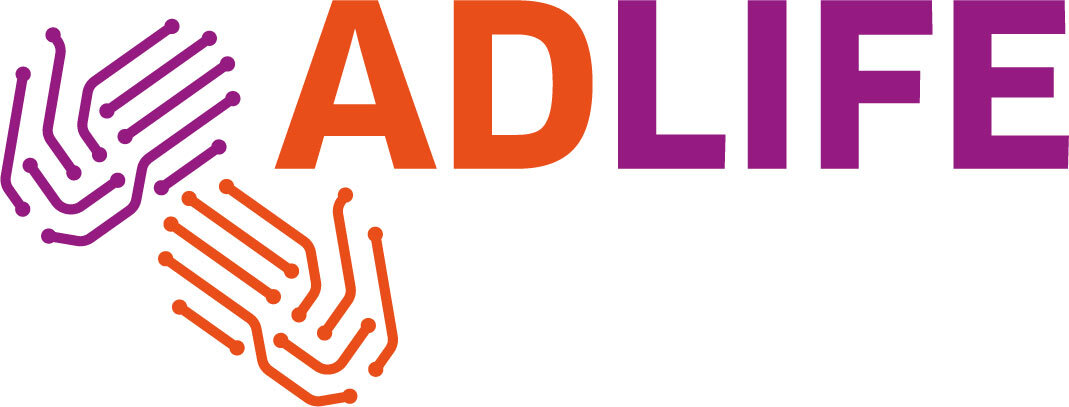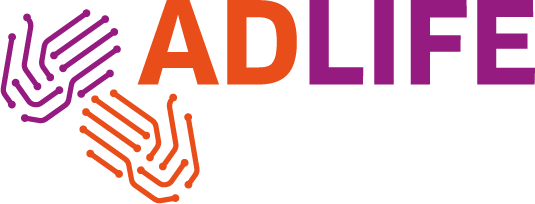ADLIFE Presented at ‘Communication in health care - old and new challenges in the age of digitization’
On the 8th of December, the annually held HAM-NET (Hamburg Network for Health Services Research) Symposium took place, attended by 120 people. This year’s topic of the symposium was “Health Literacy and Digitization in the Health Care System”. The symposium was hosted online, and moderated by Prof. Dr. Martin Härter from the Institute for Medical Psychology at the Medical University Hospital Hamburg-Eppendorf.
Key notes referred to health literacy in general, the activation of health literacy for diabetic patients, the promotion of digital health literacy by health insurance companies and insights into laws for the digital health sector.
The ADLIFE project was presented during in an e-poster walk in the session “Digital Approaches for Research and Health Care”. The project received positive comments and the participants were very interested in the project and are keen to hear more about the results in the future.
Click image to enlarge
Title:
The ADLIFE Project – Digital Solutions and Integrated Personalized Care for Patients with Advanced Chronic Conditions
Background:
Due to advances in medicine in recent times, people with chronic diseases have a better life expectancy. Nevertheless, the challenge of how to maintain a high-quality, independent life for patients remains. In particular, patients with advanced chronic diseases can benefit from supportive digital interventions. The EU-funded research and innovation project ADLIFE therefore aims to develop and implement innovative, personalized and digital solutions for integrated health care (ADLIFE Toolbox). The aim is to improve the quality of life of patients with advanced chronic obstructive pulmonary disease (COPD) and/or chronic heart failure, to reduce their suffering and to accelerate their recovery after a medical relapse.
Method:
Using a quasi-experimental design, the feasibility and benefits of the personalized and integrated care platform (ADLIFE Toolbox) will be evaluated in seven pilot regions (Israel, Sweden, Spain, Scotland, Denmark, Poland and Germany) with a total of 884 patients,1243 caregivers and 577 healthcare professionals from 75 hospitals, clinics and primary care services.
Results:
The implementation of the ADLIFE Toolbox includes the following tools: (1)Personalized Care Plan Management Platform that enables the multidisciplinary treatment team to manage and adapt patient-centered treatment plans, (2) Clinical Decision Support Services (CDSS) for physicians and nurses that enable them to adapt treatment plans and to respond quickly to changing needs or changes of the health status and (3) Patient Empowerment Platform that enables patients (and if necessary their careers) to better manage their conditions aby viewing and coordinating their own care plans with the treatment team, communicating with the broader treatment team, and making future clinical and care appointments . Hence, the platform supports patient self-management and participatory decision-making. Patient reported outcomes (PROs) are continuously assessed, in order for all stakeholders to be able to adjust treatment plans if needed.
Discussion:
Digitalization in the healthcare sector promotes many new opportunities in patient-centered care. It is, therefore, important to evaluate and assess these effects. In particular, the SARS-CoV-2 Pandemic has highlighted the need for enhanced digital healthcare, which underlines the need to further increase digitization in healthcare, worldwide. Through ADLIFE, digital solutions will be implemented and evaluated to improve the independence and quality of life of patients with chronic diseases, as well as to positively influence the course of disease, thus supporting integrated care at different levels of the health care system.
Presented by partners at Optimedis

